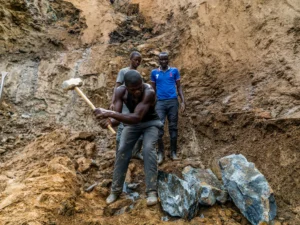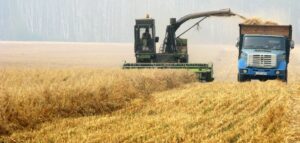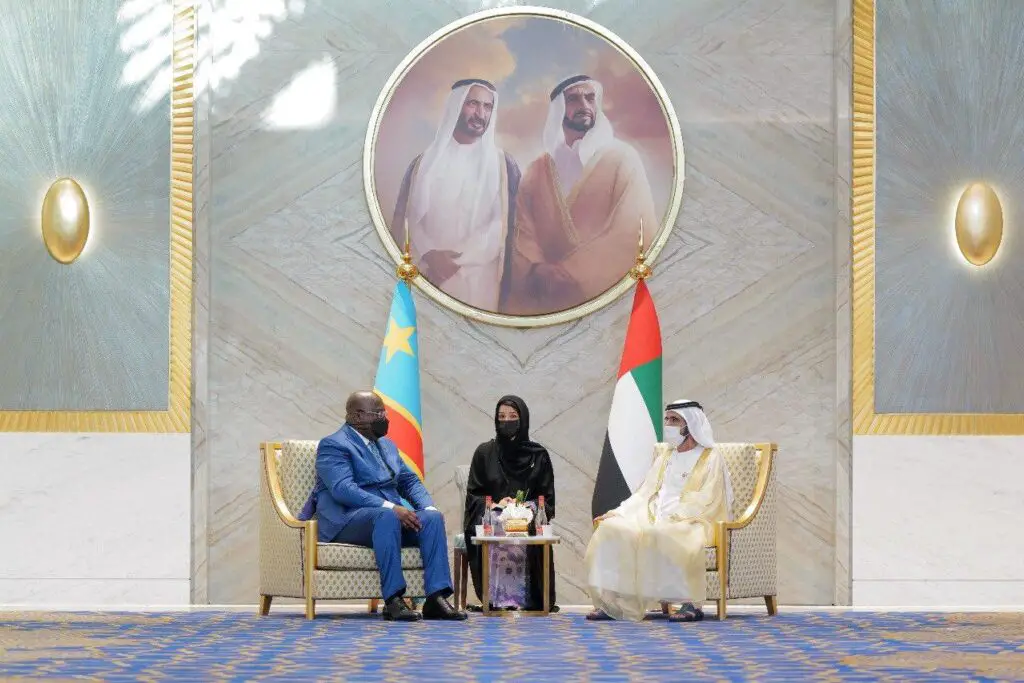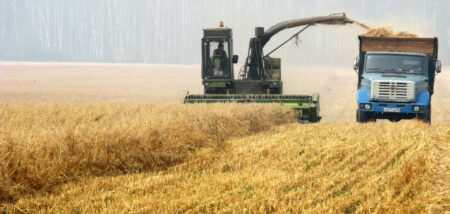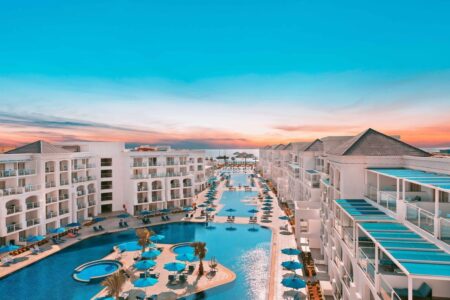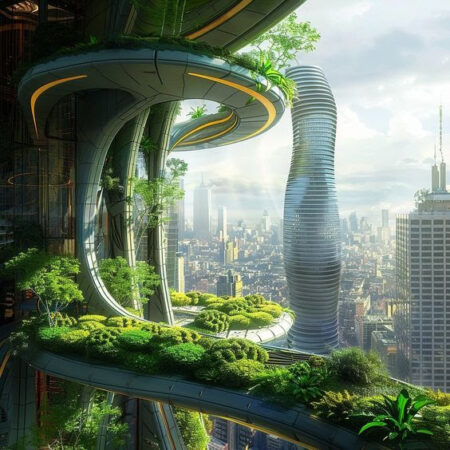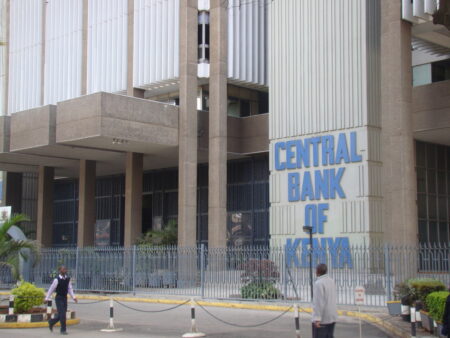- DRC President Tshisekedi looking to end smuggling with UAE mining deal.
- The UN raises concerns minerals from rebel groups may mar the DRC-UAE mining deal.
- DRC maintains the world’s largest deposit of cobalt and highest-grade copper.
DRC President Félix Tshisekedi has announced the signing of a mining deal with the United Arab Emirates (UAE). Many other companies have shied away from the troubled Eastern region. However, the UAE company Primera Group has signed a share deal for export rights of minerals mined in the region.
During his announcement, President Tshisekedi explained that the deal with the United Arab Emirates (UAE) serves as a means of cutting off supplies from the armed groups in the region. Artisanal miners who work in the eastern regions of South Kivu and Maniema have allegedly been the source of funding for rebel functions and extremists. According to the UN, up to 120 different militia groups are actively operating in the region, and the trafficking of minerals sustains them.
Also Read: DRC investment summit an opportunity for EAC’s economic growth
The regions of South Kivu and Maniema boast a wealth of reserves in tin, tantalum, tungsten and gold. The minerals fetch a pretty sum in the black market and allegedly contribute to regional instability. With the signing of the US$1.9 billion deal, DRC President Tshisekedi hopes to bottleneck access to funds for the rebel groups. It remains unclear which specific minerals the deal will cover. However, the DRC-UAE mining deal will benefit the East African nation.
The contract with Primera Group will cover industrial minerals and precious stones. The government of DRC will own the minority, with Primera Group holding the majority stake in at least two joint ventures, Primera Gold and Primera Metals. Moreover, the deal gives the UAE firm preferential export rates for gold, coltan, tin, tantalum and tungsten.
This is not the first mining contract the DRC signed with the UAE. The two countries entered a 25-year contract with the UAE firm Primera Group in December last year. The pact was also for export rights of minerals mined by artisanal miners.
Since the minerals are said to be smuggled out of the country, the government does not gain from their trade. The opposite is true. The illegally exported minerals fund rebel groups giving them the financial power to buy arms.
By increasing such deals, the government hopes the artisanal miners will sell to the UAE companies instead of smuggling the mined ores. However, even the supreme selling of the minerals to the UAE company by artisanal miners is considered a grey area by the UN. In a report published in June 2023, the UN raised concerns over what it described as the ‘legality of artisanal mines supplying Primera Gold.’
According to the report, the UN suspects that there is a possibility that buying from artisanal miners creates a loophole in the supply chain for ore mined in sites that armed groups control. As such, the deal with the UAE defeats its purpose of stifling funding to armed groups.
Also Read: Ethical Cobalt Supply Amid Human Rights Concerns and Market Shifts
Mining in the DRC, a cross-section
The DRC has arguably the largest mineral deposits in Africa and globally. The country is rich in gold, tin, tungsten, and high-grade copper reserves. Most significantly, DRC is also rich in rare minerals, including cobalt. Cobalt is crucial in producing electric vehicles and almost all modern appliances like touch screens, phones and flat-screen TVs.
It just so happens that, to date, the DRC has the world’s largest known cobalt reserves. The country boasts 95,000 tons, almost half (41 per cent) of the world’s cobalt. Therefore, with a proper structure and a monitored supply and value chain, the DRC has the potential for enormous economic prosperity just from mining cobalt.
The DRC is also the sixth-largest producer of industrial diamonds boasting an output of over 3.7 million carats annually. The same goes for its copper reserves. The DRC has some of the largest copper mines. It also produces the highest quality ore globally. Reports show copper mined in the DRC contains grades above 3 per cent. This is much higher than the global average of 0.6 – 0.8 per cent in quality.
President Tshisekedi is rewriting the narrative of the DRC from a conflict nation to an economic powerhouse. Consequently, more and more international mining companies are investing in the DRC’s copper belt and other industrial minerals.
The latest DRC-UAE mining deal will see entry into the country’s troubled eastern and southern parts. Thanks to efforts by President Tshisekedi to clear the DRC name, the country’s gold mining sector is also enjoying renewed interest from mining companies.
“In 2021 the production of mining resources has increased from 10 thousand tons to nearly 1 million,” reads a United Nations Economic Commission For Africa Report (UNECA).

